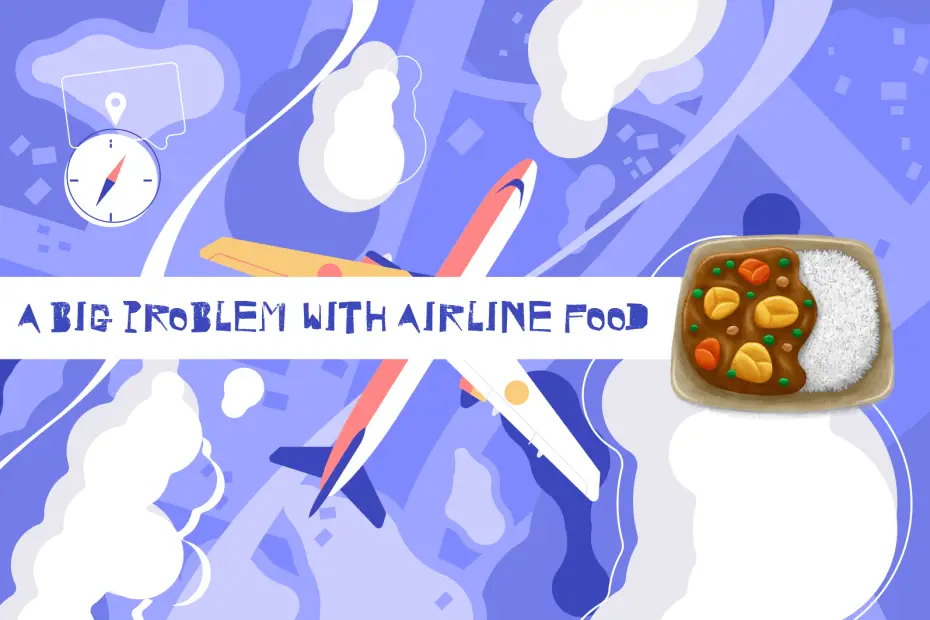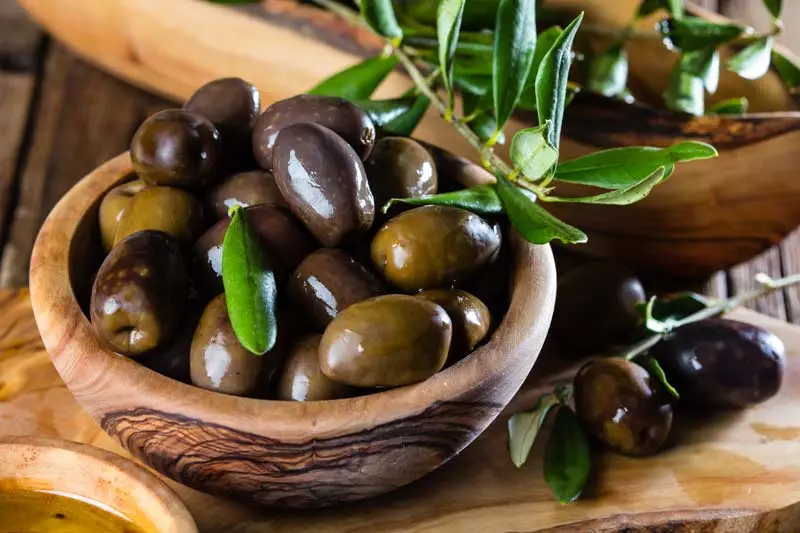Air travel produces a shocking amount of waste. In fact, airline food waste alone is estimated to account for up to 1.5 million tons of waste each year. But that’s changing. A growing number of airlines are taking steps to reduce their food waste, and the results are promising.
One airline that is leading the charge is Virgin Atlantic. The airline has implemented a number of initiatives to reduce food waste, including banning plastic straws and using biodegradable packaging. Virgin Atlantic has also partnered with Food Rescue US to donate leftover food to charitable organisations. As a result of these efforts, the airline has been able to reduce its food waste by 50 percent.
Other airlines are also taking steps to reduce their food waste. American Airlines, for example, has implemented a “food-recovery program” that donates surplus food to local food banks. And Delta Air Lines has partnered with solving, a social enterprise that works to reduce food waste. Japan Airlines aims to recycle all cooking waste from in-flight meals into fertiliser as part of its sustainability goals. In fact they already started reducing the volume of packaging used for in-flight meals, as well as using recyclable material for the packaging. These efforts will be expanded.
The International Air Transport Association (IATA), consists of 290-member airlines make up 82 percent of global air traffic, estimates that the industry’s green transition will cost “around 1.55 trillion dollars.” Part of this transition over a number of years, has to do with reducing food waste on flights.
These initiatives are making a difference. But there is still more work to be done. Airlines need to continue working hard to reduce their food waste, and passengers need to be more mindful of the impact their travel has on the environment.



